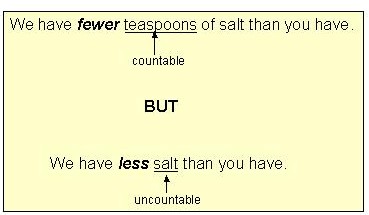Morrie is an extremely lovable college professor who—in his late
sixties—finds out that he is dying. The story of his last few weeks on
earth is told by Mitch, one of Morrie's former students, who happens to
bump into him during his final days.
Those are the bare bones, but now let's elaborate a bit.
In
the beginning of the story, we get a brief introduction to Mitch and
Morrie during Mitch's college graduation ceremony. Mitch Albom is a
young guy, just starting his adult life, and Morrie Schwartz, he tells
us, is his favorite professor. The feeling seems to be mutual, as Morrie
gives Mitch a hug and tearfully says goodbye.
Fast forward to
years later: Morrie has contracted ALS, also known as Lou Gehrig's
disease. It destroys his muscles, making him weaker and weaker until his
lungs can no longer support him and he dies. He and his wife prepare
for this new life. How? Morrie refuses to throw in the towel. Instead,
he starts opening up his home to visitors, reaching out to everyone he
knows.
Meanwhile, Mitch has been living kind of a mediocre life. To be clear, by mediocre we
don't mean that he hasn't gone to grad school (he has), nor that he
hasn't been working really hard and making tons of money (because he's
done both of these things as well). Nope, we mean he isn't happy.
Instead he's pretty much a workaholic who doesn't even have time for his
wife. Luckily for Mitch, though, he happens to come across his old
professor being interviewed by Nightline on ABC.
Mitch
visits Morrie on the first of many Tuesdays. At first he's a bit taken
aback by how frail Morrie is and worries that he's made the wrong
decision by visiting, but that fear begins to melt pretty quickly. They
end up chatting for hours, as if no time has passed between them, and
Morrie is able to convince Mitch to come back and visit next week.
And so it begins.
This
final class (so to speak) consists of discussions about important
things: friendship, love, loss, death, and so on. As the weeks pass,
Morrie's body grows weaker, though he fights every day to stay positive
for the people he loves. As Mitch watches his friend suffer, his own
heart gets stronger. He thinks deeply about the things around him, and
starts reaching out to help take care of Morrie in an effort to show his
concern.
Finally, on their fourteenth Tuesday, they have to say
goodbye. Morrie can barely speak and raises his hand to give Mitch a
hug. It's a heartbreaking farewell, and we highly suggest you have a
tissue or two on hand when you reach this point.
Morrie passes away a few days later.
To
finish up, Mitch gives us his conclusion. It's a kind of retrospective
on his "last class" with Morrie. His heart brims with gratitude for what
Morrie did for him, and looking back, he only has one regret: that he
didn't reach out to Morrie earlier.
If he had, they might have had more Tuesdays together.




